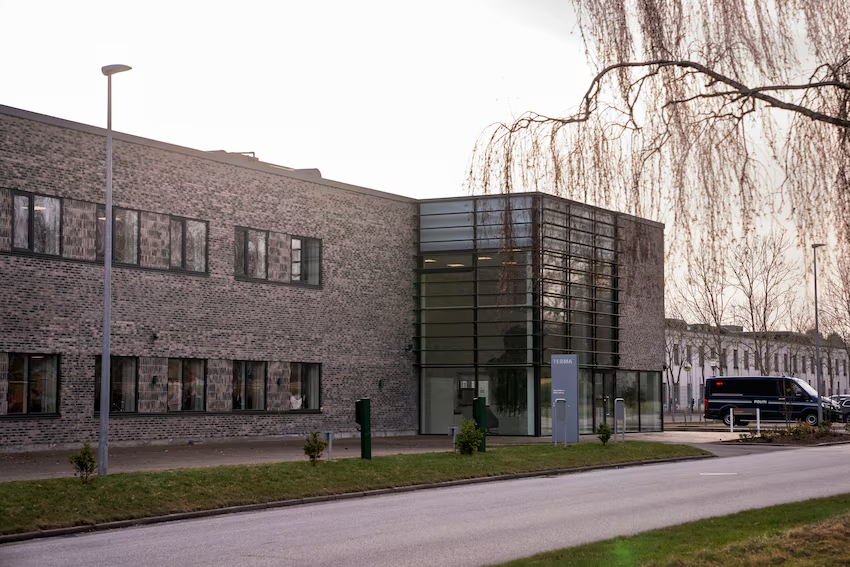Danish defence companies are preparing to hire hundreds of new employees in 2025, driven by increased military spending in Denmark and across Europe. Industry leaders report that the sector, traditionally low-profile, is now expanding rapidly due to heightened geopolitical tensions and the war in Ukraine.
Terma and other key players expand workforce
Lystrup-based Terma, a major supplier of electronics and composite parts for F-35 fighter jets, expects to recruit up to 250 new employees this year, adding to its current workforce of around 2,000. The company typically has around 80 open positions at any given time.
Radar manufacturer Weibel has seen its staff grow from 140 in 2020 to a projected 600 by next year. Integris Composites, which produces armour for vehicles and body protection, plans to increase staff numbers by 50%, from 100 to 150 employees. My Defence in Nørresundby has tripled its workforce since Russia’s invasion of Ukraine, from 28 to 84 employees, and aims to add 25 more in 2025.
Systematic, a software developer whose systems are used by several NATO countries to track troop movements, is also in a recruitment phase, expecting to hire 230 people this year. HR Director Palle Klærke notes that demand in the defence division has outpaced other sectors since 2022.

Changing perceptions of defence industry jobs
Executives report that potential recruits are now less hesitant to work in the defence sector. Terma‘s HR Chief Rikke Fabech Rønnau says candidates who previously avoided defence-related jobs are now motivated by a desire to contribute to collective security.
Klærke recalls a software developer who declined a job offer three years ago due to ethical concerns but later reapplied, citing a changed perspective on global security. According to Confederation of Danish Industry (Dansk Industri), younger generations entering the job market are increasingly aware of the link between their work and broader issues of peace and security.

A sector in transformation
Denmark’s defence industry is entirely privately owned and involves around 500 companies, with a core group of about 45 primarily engaged in defence production. The sector includes manufacturers supplying components to international partners as well as firms developing software and technological solutions.
The current hiring drive reflects both increased government defence budgets and a shift in public attitudes toward defence work, as Europe reorients its security policies in response to ongoing conflicts and geopolitical instability.






